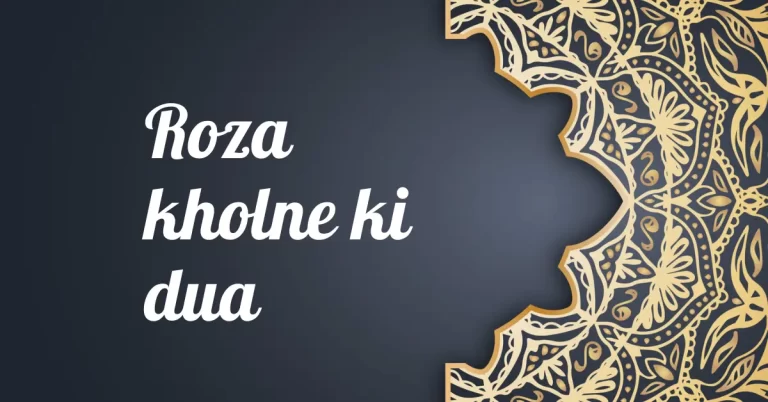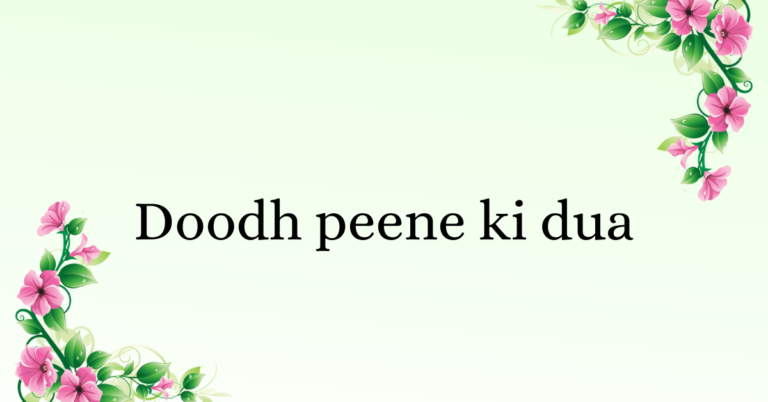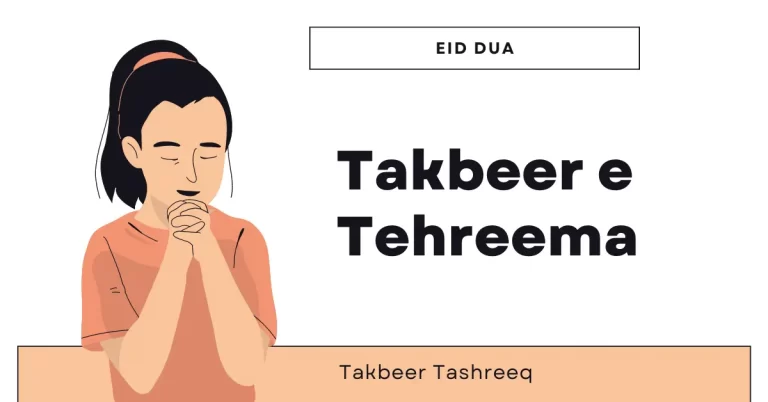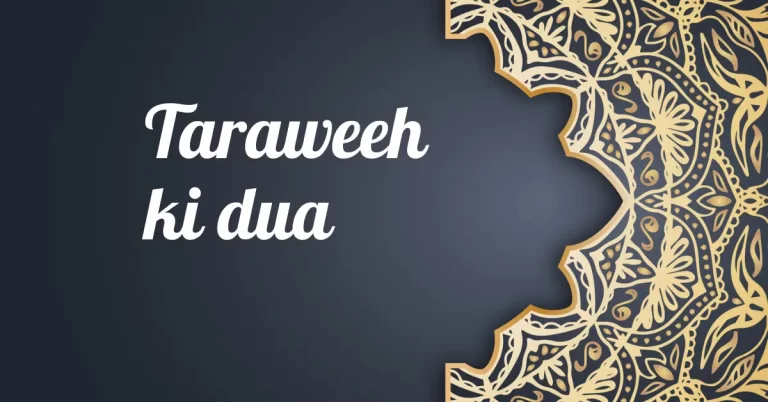Roza kholne ki dua (Dua for Iftar)
Roza kholne ki dua, also known as the “fast-breaking prayer,” is a specific prayer that is recited by Muslims at the end of each day during the month of Ramadan. This prayer is recited immediately after breaking the fast and is an important part of the Islamic tradition.
The fast-breaking prayer is a way for Muslims to give thanks to God for the strength and ability to observe the fast, and to ask for forgiveness for any mistakes made during the day.

The act of fasting, or sawm, is one of the Five Pillars of Islam and is considered to be a means of purifying the soul and drawing closer to God. The fast-breaking prayer is recited as soon as the fast is broken, typically with dates and water, to acknowledge the end of the fast and to give thanks for the sustenance that is being consumed.
The prayer is recited in Arabic, and it is traditional for Muslims to learn and memorize the words in order to recite it correctly.
roza kholne ki dua in english
The dua (prayer) for breaking the fast during Ramadan is:
“Allahumma inni laka sumtu wa bika aamantu wa ‘alayka tawakkaltu wa ‘ala rizq-ika-aftartu”
This translates to: “O Allah, for You I fasted and with Your provision I break my fast.”
The fast-breaking prayer is an important part of the Ramadan experience, as it serves as a reminder of the purpose of the fast and the importance of humility and gratitude.
Muslims believe that by reciting the prayer, they are expressing their gratitude to God for the blessings they have received and asking for forgiveness for any mistakes they may have made. Additionally, it is a time to reflect on the day’s fast and to make amends for any wrongs committed.
The fast-breaking prayer is a powerful way to end the day with a sense of peace and contentment, and to begin anew the next day with renewed purpose and commitment.
Roza kholne ki dua benefits
Reciting the roza kholne ki dua, or the fast-breaking prayer, has several benefits for Muslims. Some of these benefits include:
- Expressing gratitude: The fast-breaking prayer is a way for Muslims to give thanks to God for the strength and ability to observe the fast. It is a reminder of the blessings that have been received and an opportunity to express gratitude for them.
- Seeking forgiveness: The prayer is a way to ask for forgiveness for any mistakes made during the day. It is an opportunity to reflect on one’s actions and to make amends for any wrongs committed.
- Purifying the soul: Fasting is seen as a means of purifying the soul and drawing closer to God. Reciting the fast-breaking prayer is an extension of this process, as it helps to focus the mind on spiritual matters and to cultivate humility and gratitude.
- Promoting discipline and self-control: The act of fasting requires discipline and self-control, and reciting the fast-breaking prayer reinforces these qualities.
- Enhancing the Ramadan experience: The fast-breaking prayer is an important part of the Ramadan experience, and reciting it helps to make the experience more meaningful and purposeful.
- Fostering a sense of community: The fast-breaking prayer is typically recited in congregation, and this promotes a sense of community among Muslims as they share in this spiritual practice together.
- Reinforcing the Five Pillars of Islam: The fast-breaking prayer is an important part of the Five Pillars of Islam, which are the foundation of the Muslim faith. Reciting it helps to reinforce these fundamental beliefs and practices.
You can learn and memorise Safar ki dua





